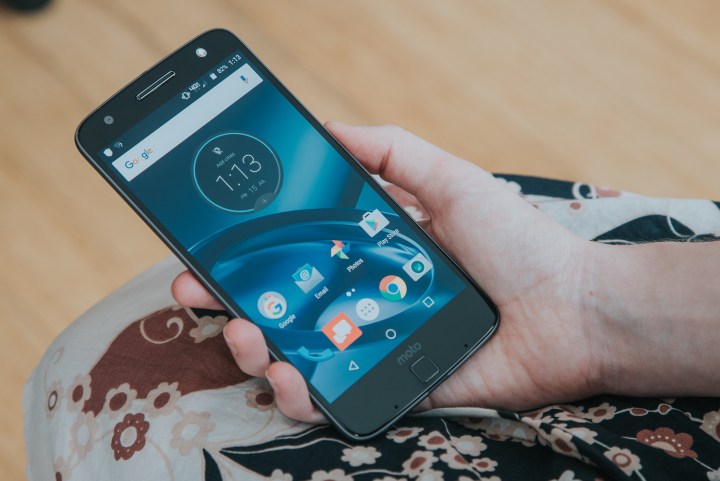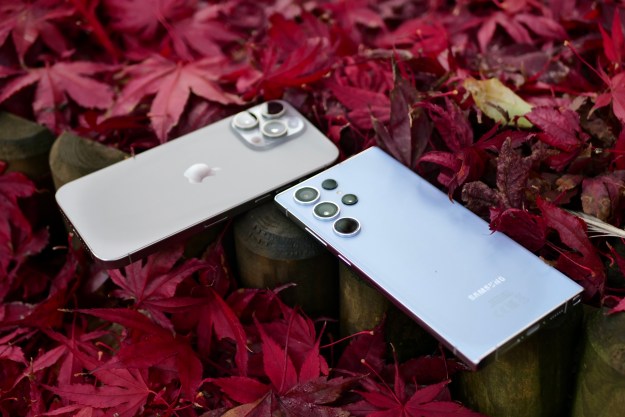
Lenovo and Microsoft have been growing increasingly close over the last few years, and while there’s no word yet on the specific phones to feature Microsoft apps, some suggest that the announcement represents a new round of bloatware on Lenovo phones.
Of course, the apps could be very useful for those plugged into Microsoft’s ecosystem. For others, however, the apps coming with Lenovo phones could be a little frustrating, especially if they end up on Moto devices. Phones like the Moto Z and Moto X have long been loved because of their near stock Android experience, and while it’s certainly possible that the apps can be deleted, less is very often more for many users.
“Microsoft is thrilled that our productivity apps will be pre-installed on Lenovo’s premium devices,” said Nick Parker, corporate vice president OEM Division at Microsoft, in a related blog post. “The marriage of Microsoft’s apps and Lenovo’s Android-based devices will enable customers around the world to be more productive, more connected and achieve even more.”
While some customers may not like the deal, it’s a win-win for Microsoft and Lenovo. Lenovo gets to preload Microsoft’s services on its phones without having to pay royalty fees, and Microsoft will get its apps and services in front of millions of people, helping the company making a somewhat more lasting impression on the mobile industry.
Microsoft has been struggling in mobile over the past few years, and it seems as though the company has gotten better at offering services on operating systems like iOS and Android than it is at offering a decent mobile operating system.
Editors' Recommendations
- The most common Skype problems and how to fix them
- This Google Pixel 8a leak just spoiled everything about the phone
- This Android phone is so bad I couldn’t review it
- Everything Apple says is wrong about the DOJ’s iPhone lawsuit
- An Android phone you haven’t heard of just won the charging game


